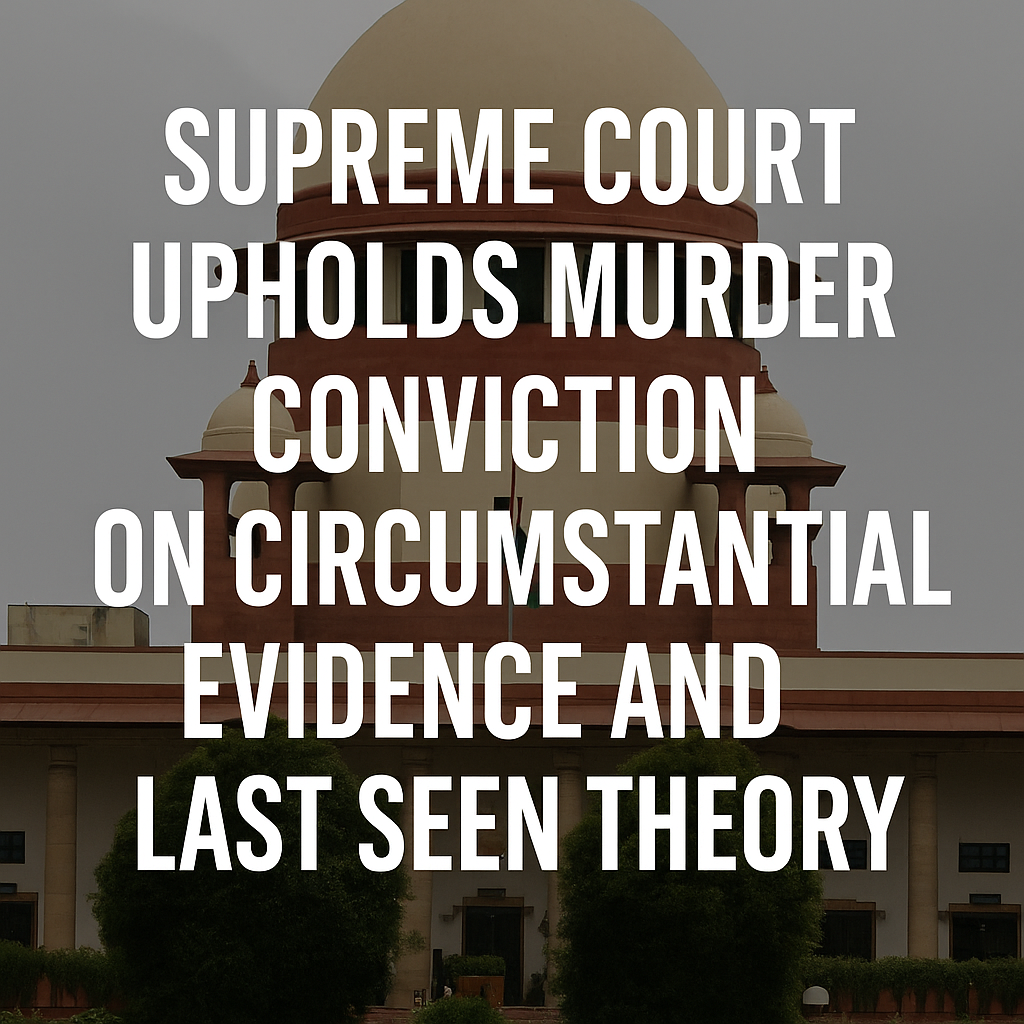Three Judges Bench of Supreme Court will decide the Reference whether a Statement obtained under section 67 of NDPS Act can be treated as a Confession on 18th August. SC registry directed the Counsels to file Written submissions and the matter will be heard on 18-08-2020.
The reference has been made by a two judge bench seven years ago.
Section 67 of NDPS Act stipulates that “Any officer referred to in section 42 who is authorised in this behalf by the Central Government or a State Government may, during the course of any enquiry in connection with the contravention of any provisions of this Act,(a) call for information from any person for the purpose of satisfying himself whether there has been any contravention of the provisions of this Act or any rule or order made thereunder; (b) require any person to produce or deliver any document or thing useful or relevant to the enquiry; (c) examine any person acquainted with the facts and circumstances of the case”
The Reference :
- Whether the officer investigating the matter under the NDPS Act would qualify as police officer or not?
- Whether the statement recorded by the investigating officer under Section 67 of the Act can be treated as confessional statement or not, even if the officer is not treated as police officer?
Earlier in the case of Kanhaiyalal vs. Union of India, the Supreme. Ours held that the officer under Section 63 is not a police officer and thus the bar under Sections 24 and 27 of the Evidence Act cannot be attracted. The following is the extract of the two Judges bench while referring the matter to larger bench
“We have also to keep in mind the crucial test to determine whether an officer is a police officer for the purpose of Section 25 of the Evidence Act viz. the “influence or authority” that an officer is capable of exercising over a person from whom a confession is obtained. The term “police officer” has not been defined under the Code or in the Evidence Act and, therefore, the meaning ought to assessed not by equating the powers of the officer sought to be equated with a police officer but from the power he possesses from the perception of the common public to assess his capacity to influence, pressure or coercion on persons who are searched, detained or arrested. The influence exercised has to be, assessed from the consequences that a person is likely to suffer in view of the provisions of the Act under which he is being booked. It, therefore, follows that a police officer is one who:-(i) is considered to be a police officer in “common parlance” keeping into focus the consequences provided under the Act. (ii) is capable of exercising influence or authority over a person from whom a confession is obtained.“, the bench had said while referring the matter to larger bench.




More Stories
Supreme Court Strongly Condemns Abuse of Bail Conditions Through False Deposits and Reneging by Parties
Supreme Court Affirms Procedural Adherence and Limits of Insolvency Moratorium in Civil Litigation
The Doctrine of Promissory Estoppel cannot be invoked against the Union of India, if it takes a decision in a larger public interest- Supreme Court ruled.